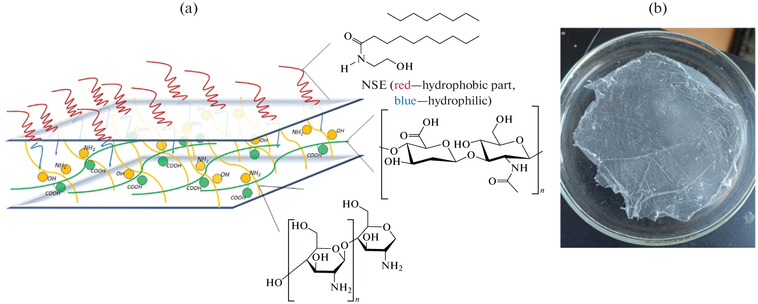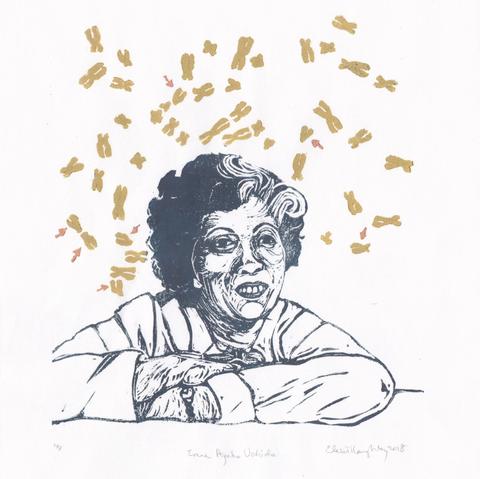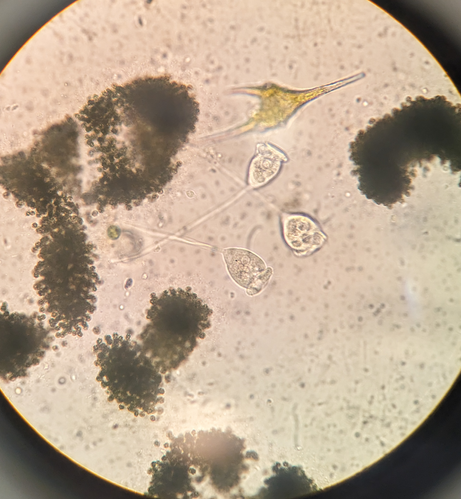
Chitosan-Based Hydrogels with N-Stearoylethanolamine for Acceleration of Healing of Acute Cutaneous Wounds: Cytological and Histological Examination - Cytology and Genetics
Abstract Wound management remains a significant clinical challenge, necessitating the development of advanced biomaterial solutions. This study aimed to evaluate the wound-healing potential of novel hydrogel films based on chitosan, hyaluronic acid, and the cannabimimetic N-stearoylethanolamine (NSE). Morphological studies of the surface of hydrogels were carried out using scanning electron microscopy, the biocompatibility and biodegradability of the created samples were evaluated in vitro in mouse BALB-3T3 fibroblast using the MTT test and staining with neutral red. Acceleration of healing of model excisional wounds of the skin of C57/Black laboratory mice was assessed histologically and by evaluating the rates of wound area reduction. The hydrogels used in the study showed high biocompatibility, increased the migration of fibroblasts to the cell-free zone (hydrogel sample without NSE), and induced lysosomal activity, which may indicate the bioavailability of the studied samples. Both hydrogels accelerated wound healing in mice, with faster epithelialization and remodeling of wound tissues observed in histological sections. The hydrogel sample with the cannabimimetic NSE showed its effect in the late stages of wound healing, while the gel without NSE showed activity in all phases of wound healing.




